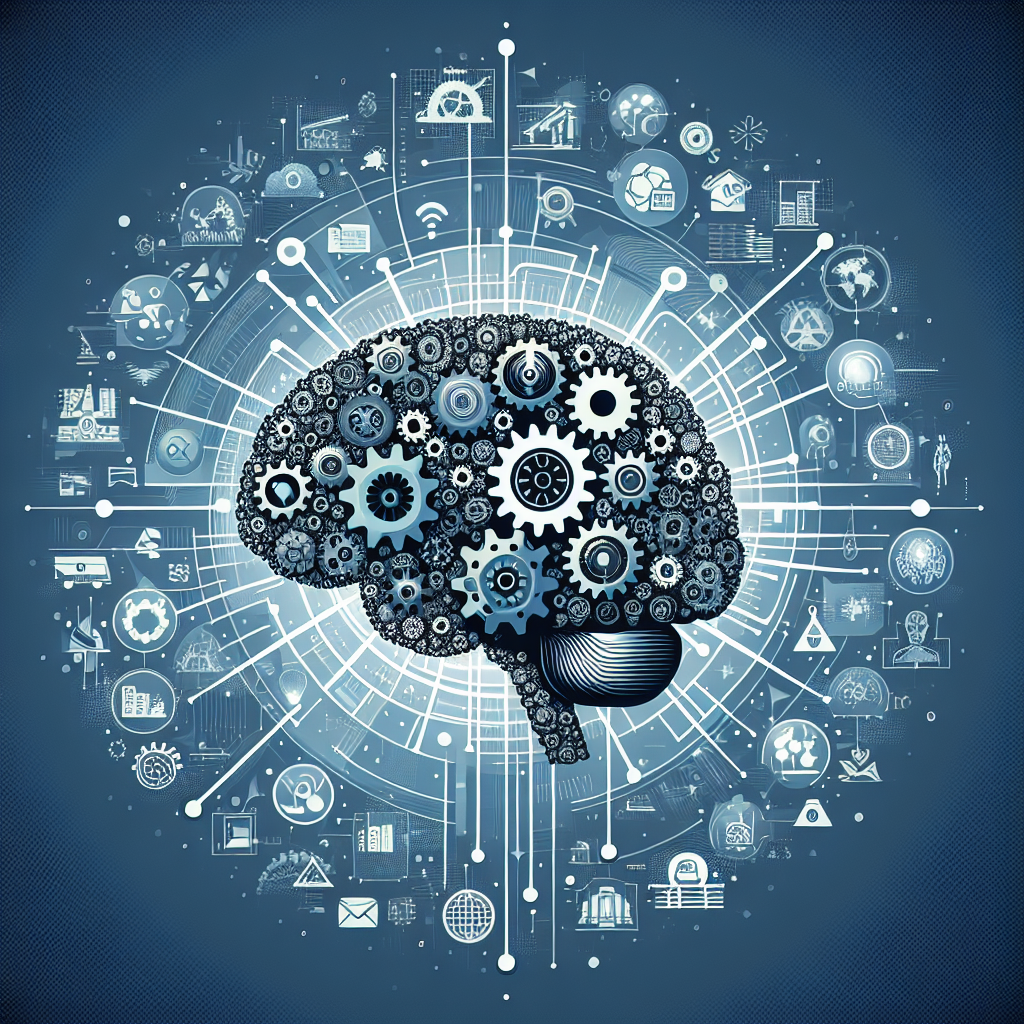Unleashing the Power of AGI: Revolutionizing Industries
Artificial General Intelligence (AGI) is a concept that has long been the stuff of science fiction, but recent advancements in technology have brought us closer than ever to making it a reality. AGI refers to a type of artificial intelligence that can perform any intellectual task that a human can do. This means that AGI has the potential to revolutionize industries across the board, from healthcare to finance to manufacturing.
In this article, we will explore the potential of AGI to transform industries, the challenges that come with developing AGI, and the ethical implications of unleashing such a powerful technology.
The Power of AGI
AGI has the potential to revolutionize industries in ways that we can only begin to imagine. For example, in the healthcare industry, AGI could be used to analyze medical data at a scale and speed that is currently impossible for humans. This could lead to more accurate diagnoses, personalized treatment plans, and new insights into diseases and their treatments.
In the finance industry, AGI could be used to analyze market data and make investment decisions with a level of accuracy and speed that is beyond human capabilities. This could lead to more efficient markets, better returns for investors, and new opportunities for individuals to access financial services.
In the manufacturing industry, AGI could be used to optimize production processes, predict maintenance needs, and improve quality control. This could lead to lower costs, higher quality products, and more sustainable practices.
These are just a few examples of how AGI could revolutionize industries. The possibilities are endless, and the potential for innovation is vast.
Challenges of Developing AGI
While the potential of AGI is exciting, there are also significant challenges that come with developing such a powerful technology. One of the biggest challenges is ensuring that AGI is safe and reliable. AGI systems have the potential to make decisions that could have far-reaching consequences, and it is crucial that these decisions are made in a way that is ethical and beneficial to society.
Another challenge is ensuring that AGI is aligned with human values. AGI systems are designed to be intelligent and autonomous, which means that they have the potential to act in ways that are not in the best interests of humans. It is important to ensure that AGI systems are aligned with human values and are programmed to prioritize the well-being of humans above all else.
Ethical Implications of AGI
The development and deployment of AGI raise a number of ethical questions that need to be addressed. For example, who should be responsible for the decisions made by AGI systems? How can we ensure that AGI is used in a way that is fair and equitable? What safeguards need to be put in place to prevent AGI from being used for malicious purposes?
These are just a few of the ethical questions that need to be considered as we move forward with the development of AGI. It is crucial that we address these questions now, before AGI becomes a reality, so that we can ensure that this powerful technology is used in a way that benefits society as a whole.
FAQs
Q: What is the difference between AGI and narrow AI?
A: Narrow AI refers to artificial intelligence that is designed to perform specific tasks, such as image recognition or language translation. AGI, on the other hand, refers to artificial intelligence that can perform any intellectual task that a human can do.
Q: How close are we to developing AGI?
A: While significant progress has been made in the field of artificial intelligence, we are still a long way from developing true AGI. Researchers are working on developing the technology needed to achieve AGI, but there is still much work to be done.
Q: What are the potential risks of AGI?
A: One of the potential risks of AGI is that it could be used for malicious purposes, such as autonomous weapons or surveillance systems. There is also the risk that AGI could make decisions that are harmful to humans if not properly aligned with human values.
In conclusion, AGI has the potential to revolutionize industries in ways that we can only begin to imagine. While there are significant challenges and ethical implications that come with developing AGI, it is crucial that we address these issues now so that we can ensure that this powerful technology is used in a way that benefits society as a whole.

